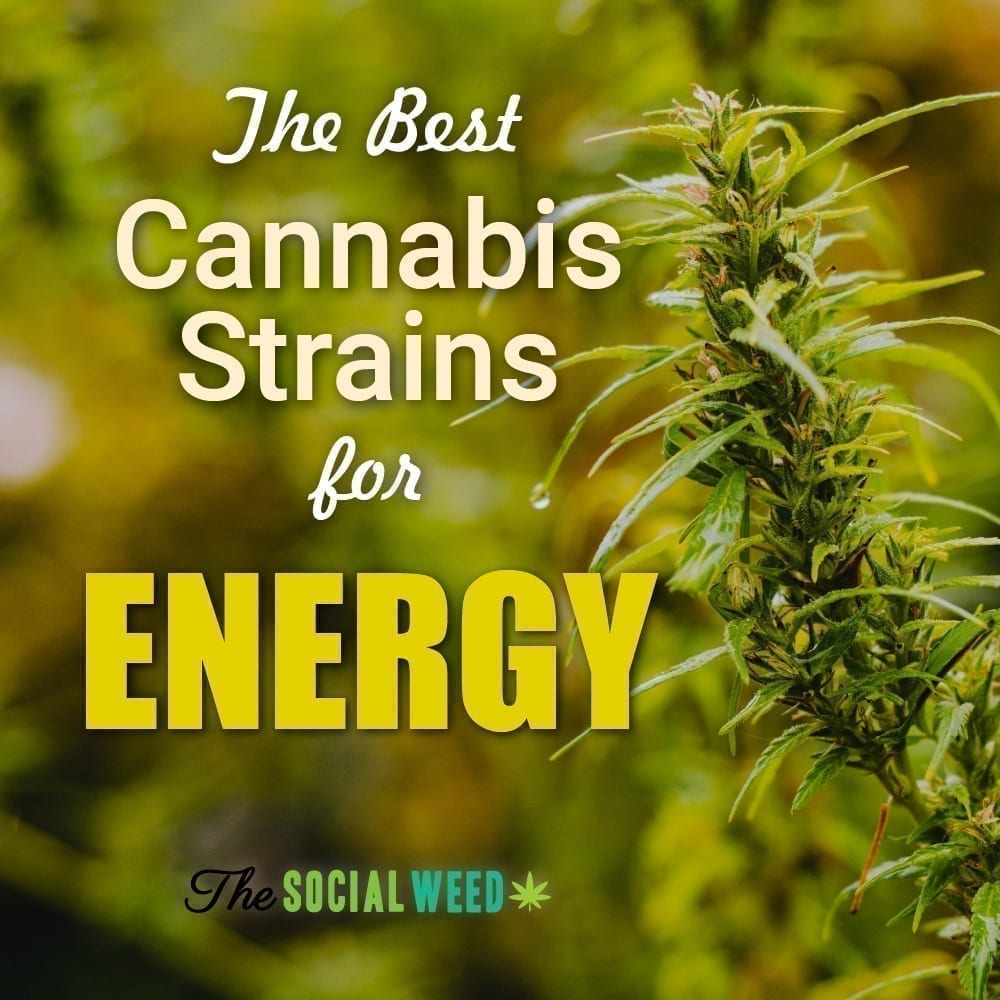
DEA Chief Repeats Claim That ‘Marijuana Is Not Medicine’

Chuck Rosenberg, Acting Administrator of the Drug Enforcement Administration (DEA), speaks during a hearing of the House Judiciary Subcommittee on Crime, Terrorism, Homeland Security, and Investigations, on Capitol Hill, in Washington, Tuesday, April 4, 2017. (AP Photo/Alex Brandon)
That’s according to Chuck Rosenberg, the Drug Enforcement Administration’s acting chief, who made the comment Thursday during a speech at the Cleveland Clinic, a nonprofit hospital in Ohio.
The sentiment is nothing new from Rosenberg, who’s been at the helm of the DEA since 2015. Under then-President Obama, he famously called medical marijuana “a joke.” But in light of recent anti-cannabis comments from Attorney General Jeff Sessions and other members of the Trump administration, it could be yet another cause for concern among cannabis patients.
“If it turns out that there is something in smoked marijuana that helps people, that’s awesome,” Rosenberg said in Ohio on Thursday. “I will be the last person to stand in the way of that. … But let’s run it through the Food and Drug Administration process, and let’s stick to the science on it.”
According to the Washington Examiner, Rosenberg did acknowledge that some studies that show cannabis may offer medical benefits to children with epilepsy, and he reiterated that the DEA takes recommendations about how to classify drugs from the FDA.
The problem, of course, is that cannabis continues to be classified as a Schedule I drug under the federal Controlled Substances Act, categorized alongside drugs such as heroin and LSD. That means considerable regulatory red tape for researchers trying to actually study the plant and its health effects. Even when scientists do secure federal approval to conduct research, the government-grown cannabis used in clinical trials is of significantly worse quality than cannabis in legal markets. PBS Newshour described one sample as “green talcum powder.”
Another Cleveland Clinic speaker, former US Surgeon General Vivek Murthy, echoed the call for more medical marijuana research in the US, adding that public policy shouldn’t be made on “guesswork.”
“Should we be reducing the administrative and other barriers to researching that in the government? A hundred percent,” he said. “But what we should not do is make policies based on guesswork. When we do that, what we do is put people at risk.”
Murthy also said that problem drug use in young people can spiral out of control.
“When you develop a substance use disorder at a young age, it actually increases the likelihood of you developing an addiction to other substances,” he said. “So in that sense addiction to marijuana or any substance, including nicotine, during adolescence and young adulthood when the brain is developing is very concerning.”
While more research is essential for better understanding how cannabis affects the human body and how it might address various illnesses, available evidence suggests that, in adults, cannabis may actually curb some types of drug use. Last month the National Institute on Drug Abuse updated its website titled “Is marijuana safe and effective as medicine?” to note that three recent studies—two of which it funded—suggest cannabis could help reduce opioid use in pain patients.
“Though none of these studies are definitive, they cumulatively suggest that medical marijuana products may have a role in reducing the use of opioids needed to control pain,” the NIDA website says. “More research is needed to investigate this possibility.”
SOURCE: leafly.com





